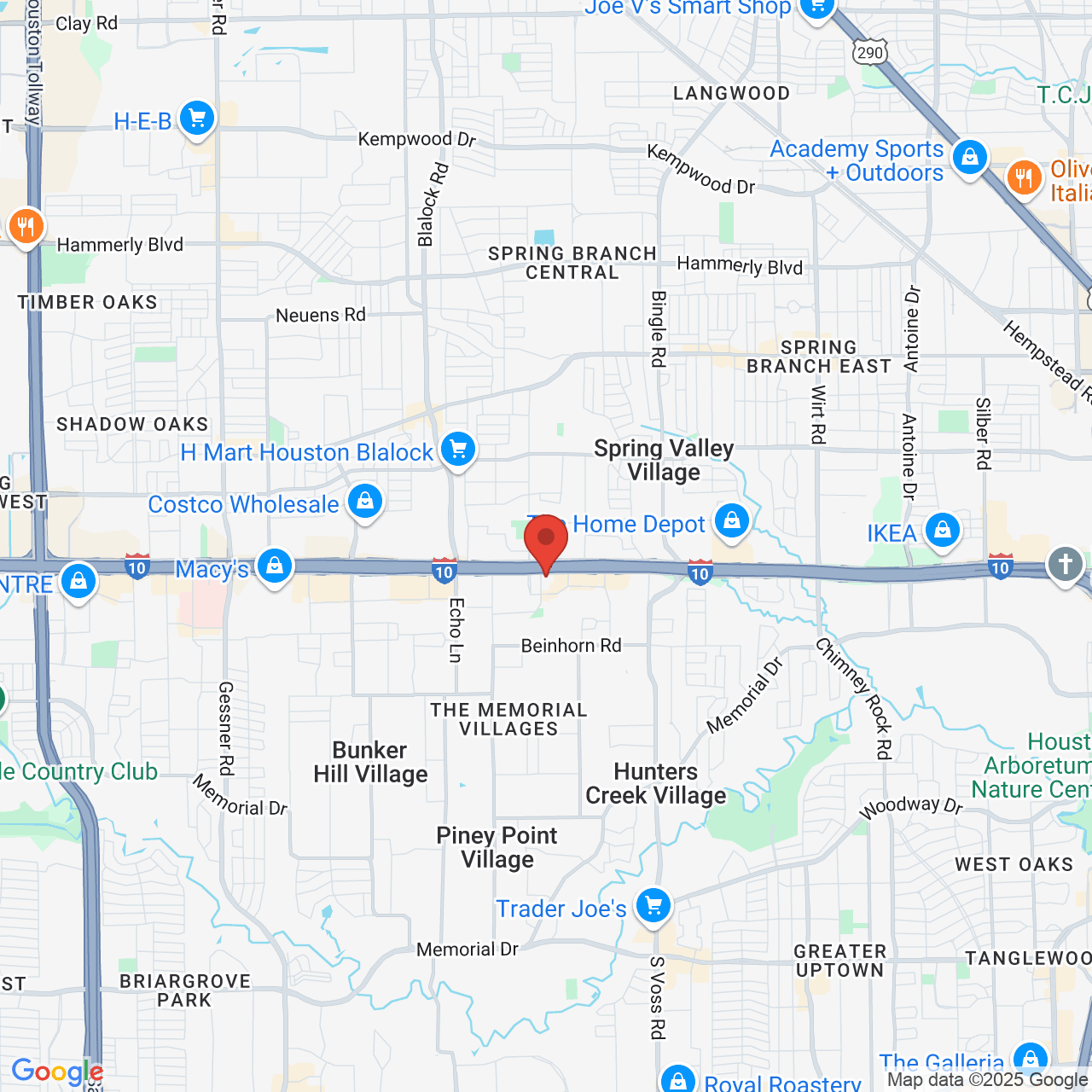The Effects of Fibroids on Female Fertility
 There are multiple factors that can affect a woman’s fertility and make it more difficult to conceive a child. One common condition that can affect fertility is fibroids. Fibroids are non-cancerous tumors that form in the uterus. Approximately 20 percent of women that are of reproductive age have fibroids, and about 5 to 10 percent of infertile women have fibroids. Women having difficulty conceiving can schedule a consultation with Dr. Sonja Kristiansen for a fertility evaluation to determine the most likely cause of infertility, and to discuss treatment options to overcome those issues. When it comes to fertility and fibroids, our Houston, TX patients may benefit from fibroid removal or alternative fertility treatments. Dr. Kristiansen will help patients determine which approach is most appropriate for their unique situation.
There are multiple factors that can affect a woman’s fertility and make it more difficult to conceive a child. One common condition that can affect fertility is fibroids. Fibroids are non-cancerous tumors that form in the uterus. Approximately 20 percent of women that are of reproductive age have fibroids, and about 5 to 10 percent of infertile women have fibroids. Women having difficulty conceiving can schedule a consultation with Dr. Sonja Kristiansen for a fertility evaluation to determine the most likely cause of infertility, and to discuss treatment options to overcome those issues. When it comes to fertility and fibroids, our Houston, TX patients may benefit from fibroid removal or alternative fertility treatments. Dr. Kristiansen will help patients determine which approach is most appropriate for their unique situation.
How Fibroids Affect Fertility
Many women who have fibroids are able to naturally conceive a child without any difficulties. However, there are cases in which fibroids can interfere with fertility and make it more difficult for a woman to conceive a child. Some characteristics of a fibroid that can impact a woman’s fertility include its location (fibroids inside the uterine cavity can affect fertility) and its size (fibroids that are larger in size are more likely to affect fertility). Below are some of the fertility issues that can be caused by the presence of fibroids:
- Fibroids can change the shape of the cervix, limit the number of sperm that are able to enter the uterus, and limit the movement of the sperm within the uterus
- Fibroids can block the fallopian tubes
- Fibroids can alter the size of the lining of the uterine cavity
- Fibroids can limit blood flow to the uterine cavity and make it more difficult for an embryo to implant to the uterine wall
Fertility Treatments for Fibroids
When fibroids are small, or do not seem to be causing any extreme side effects, doctors will most likely not recommend any form of treatment. However, if fibroids have distorted the uterine cavity, if fibroids are causing severe symptoms, or if fibroids are interfering with a woman’s fertility, surgical removal may be appropriate. Depending on the size and location of the fibroid(s), surgical removal may significantly improve a woman’s fertility. There are other fibroid treatment techniques, including blocking the blood supply to the fibroid, but these are typically not recommended for women who wish to preserve fertility.
Some women who suffer from fibroids are ideal candidates for IVF, or in vitro fertilization. When a fibroid is blocking one or more of the fallopian tubes, IVF may be the best treatment option. IVF involves fertilizing an egg in a petri dish and then implanting it directly into the uterus. Because this treatment bypasses the fallopian tubes altogether, it can increase the chances of a successful pregnancy for those with blocked fallopian tubes. It is important to note that women with a distorted uterus may not have success with IVF, as this can make it difficult for the embryo to implant.
Dr. Kristiansen is happy to perform a fertility evaluation to check for the presence of fibroids and determine whether or not fibroids may be impacting the patient’s fertility. Dr. Kristiansen can discuss treatments and techniques that may be most successful in increasing a woman’s fertility.
Schedule a Consultation
There are many factors that can have a negative impact on fertility, but there are also multiple treatment options that can help people overcome these obstacles. If you’d like to learn more about the advanced fertility treatments offered by Dr. Sonja Kristiansen, schedule a consultation at your earliest convenience.


